We all remember sitting in that room before end-of-year testing, filling out scantrons and sharpening our no.2 pencils. We remember sitting in silence for hours so everyone could focus on math, reading comprehension, and listening skills. We remember massaging our hands when we finished, relieved that summer vacation was quickly approaching. We don’t often remember the ultimate purpose of these state achievement tests and how they tracked our academic progress year after year. Throughout the decades, different achievement tests have been developed to determine student proficiency levels, growth, and focus areas. Let’s dive into some of the most established and common assessments that students will encounter.
NAEP Report Card
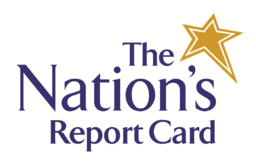
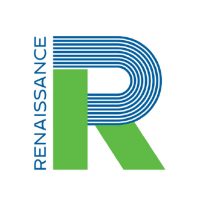
The National Assessment of Educational Progress (NAEP), also known as the “Nation’s Report Card,” is a nationally representative assessment of short- and long-term student achievement administered through the U.S. Department of Education. First administered in 1969, the NAEP is designed to provide group-level data on student achievement in math, science, reading, and writing. Thus, there are no results provided for individual students, schools, or districts. Not all public schools are required to participate every year; the government chooses a sample of schools based on various demographic characteristics to provide a comprehensive picture of student performance on school subjects across the country. If you are interested in seeing sample test questions, seeing results by state, subject, and grade level, or viewing long-term data, all of this information is free and publicly available. This information helps the U.S. Department of Education determine how well students are performing academically across the nation.
NWEA Measures of Academic Progress
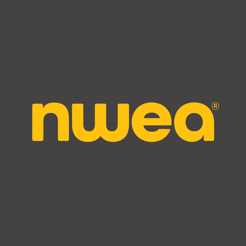 NWEA’s Measures of Academic Progress (MAP) Growth Test is an online, adaptive K-12 assessment for math, science, reading, and language use. The assessment is aptly named because it truly measures individual student growth throughout the school year. Students take the MAP test at the beginning, middle, and end of the year, providing valuable proficiency data for teachers and parents through their innovative measure called a RIT score. The RIT scale measures whether students are on, below, or above grade level based on nationally-normed metrics, as NWEA MAP is available to students across the United States. If your child attends a school or district that uses the MAP growth test, teachers can use that data to individualize instruction for your child and make sure that they keep growing in proficiency throughout the years. This standards-aligned assessment can help keep your child on track for their end-of-year summative assessments, like the SBAC test.
NWEA’s Measures of Academic Progress (MAP) Growth Test is an online, adaptive K-12 assessment for math, science, reading, and language use. The assessment is aptly named because it truly measures individual student growth throughout the school year. Students take the MAP test at the beginning, middle, and end of the year, providing valuable proficiency data for teachers and parents through their innovative measure called a RIT score. The RIT scale measures whether students are on, below, or above grade level based on nationally-normed metrics, as NWEA MAP is available to students across the United States. If your child attends a school or district that uses the MAP growth test, teachers can use that data to individualize instruction for your child and make sure that they keep growing in proficiency throughout the years. This standards-aligned assessment can help keep your child on track for their end-of-year summative assessments, like the SBAC test.
SBAC Assessment
The Smarter Balanced Assessment Consortium (SBAC) assessment was developed in 2010 to align to the rigor of the (then) newly developed Common Core State Standards. The 15 U.S. states and territories that administer the assessment have worked together over the past decade to develop a robust summative assessment, as well as optional interim assessments to track progress and other instructional supports. Unlike the NWEA MAP Growth test, public schools in the participating states are required to administer the assessment to students at the end of the academic year to hold schools accountable for student achievement. Beginning in Grade 3, students are required to take the adaptive and listening comprehension sections of the math and English Language Arts tests and demonstrate critical thinking and problem-solving skills on typewritten Performance Tasks. These SBAC scores are available to parents the following school year after the summative assessments are administered since the Performance Tasks need to be graded manually. Colleges and universities in seven states use SBAC scores as part of their criteria for college admissions, so it is important to keep track of your child’s performance on these yearly achievement tests.
Renaissance Star Testing
 Finally, K12 students are often administered the Renaissance Star Assessments (Star Early Literacy, Reading, and Math) through local, state, and federal funds. These formative and interim assessments can help track student progress towards success on state summative tests like the SBAC and college entrance exams. Teachers can pinpoint which skills students need to work on to reach grade-level proficiency in most core subject areas. Most standards are covered except for writing skills since the test is in multiple-choice format, and each test only takes 20 minutes to complete (As opposed to MAP, which is untimed and takes approximately 45-60 minutes). If your child’s school or district uses Star tests to monitor student growth, then periodic parent reports will be available for you at conferences throughout the school year.
Finally, K12 students are often administered the Renaissance Star Assessments (Star Early Literacy, Reading, and Math) through local, state, and federal funds. These formative and interim assessments can help track student progress towards success on state summative tests like the SBAC and college entrance exams. Teachers can pinpoint which skills students need to work on to reach grade-level proficiency in most core subject areas. Most standards are covered except for writing skills since the test is in multiple-choice format, and each test only takes 20 minutes to complete (As opposed to MAP, which is untimed and takes approximately 45-60 minutes). If your child’s school or district uses Star tests to monitor student growth, then periodic parent reports will be available for you at conferences throughout the school year.
How Afficient Academy Prepares Students for Standardized Assessment
At Afficient Academy, we know that State Standardized assessments are a fact of life and that students can be properly prepared for them through standards-aligned, rigorous instruction. Our Afficient Math and Afficient English products help prepare your children for these exams by providing comprehensive math and English Language Arts instruction for grades 2-12. Like most state and national assessments, our programs are online and adaptive, beginning with a diagnostic test that determines each student’s initial instructional levels. Students are automatically assessed through each program’s Learning, Proficiency, and Afficiency phases to ensure that all knowledge and skill gaps are filled before progressing to the next grade level. We use various questioning techniques that can be found on State assessments like the SBAC and Lexile-aligned passages to ensure that students are reading grade-level appropriate content. In addition, students can get personalized instruction from math and English teachers on skills that they find challenging either remotely or in our in-person learning centers. This way, you can be confident that your children are always supported in reaching their full potential with Afficient Academy. Interested in learning more about Afficient Math and Afficient English? Please contact us at 408-726-2245 or send us an email at info@afficienta.com.

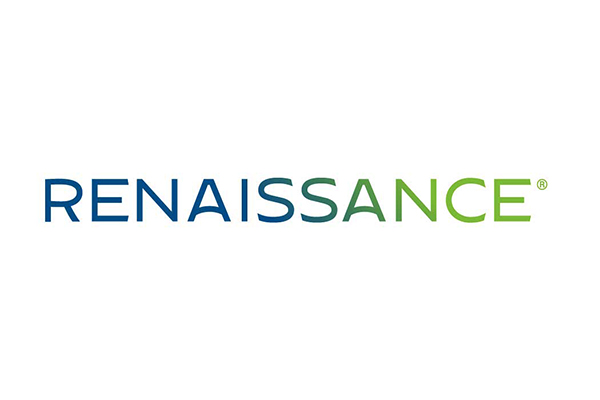


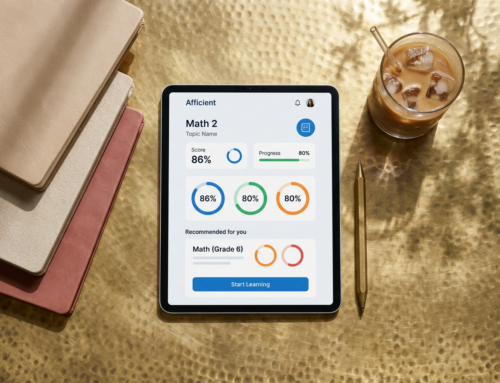
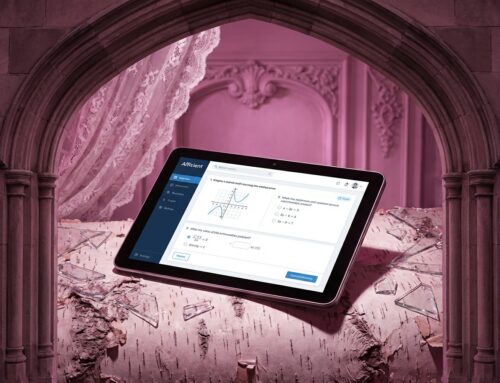
Leave A Comment